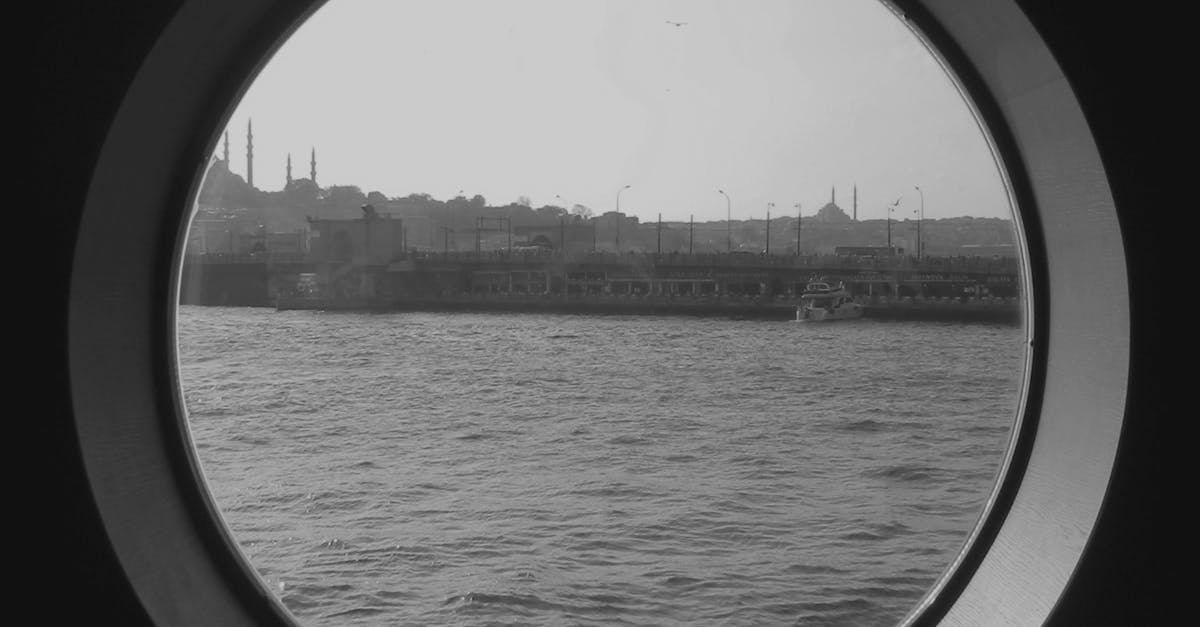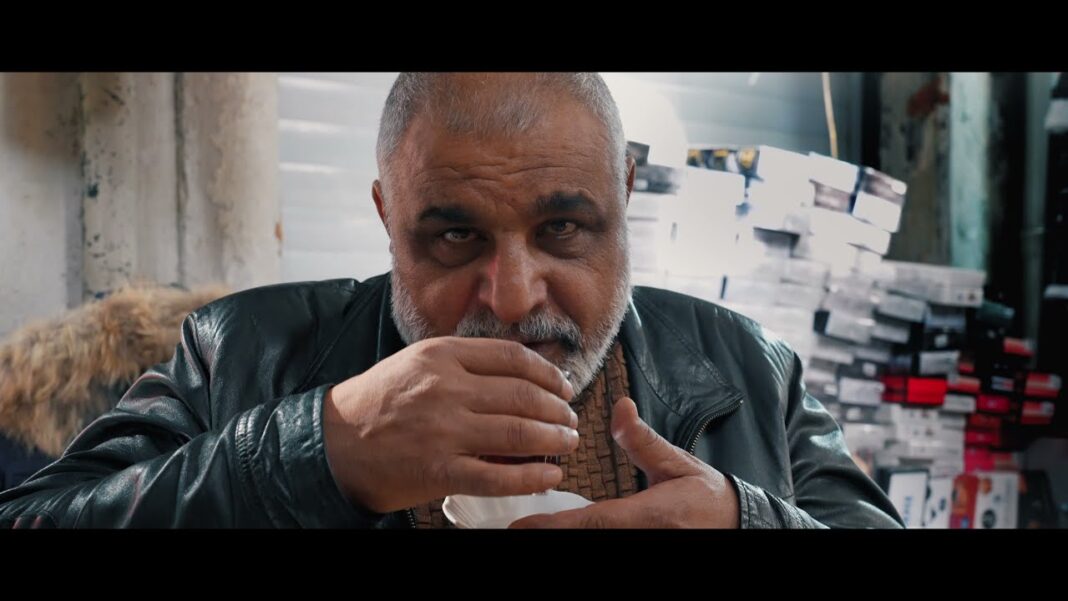Istanbul, the largest city in Turkey, is known for its rich history, stunning architecture, and vibrant culture. It serves as a bridge between Europe and Asia, making it a melting pot of different cultures, religions, and traditions. This city has been influenced by various civilizations throughout its history, resulting in a unique blend of eastern and western cultures. With its diverse population and thriving arts scene, Istanbul has become a prime example of multiculturalism. In this blog post, we will explore the cultural fusion that makes Istanbul such a fascinating and dynamic city.
History of Istanbul
Originally founded as Byzantium in 660 BC, Istanbul has been a significant city throughout history due to its strategic location on the Bosphorus Strait. It was later renamed Constantinople when it became the capital of the Eastern Roman Empire in 330 AD. For centuries, it served as the center of the Byzantine and Ottoman Empires, both of which left their mark on the city’s culture and architecture.
One of the most notable periods in Istanbul’s history was during the Ottoman Empire. The Ottomans ruled over Istanbul for more than six centuries and left behind an impressive legacy. They transformed the city with grand mosques, palaces, and public buildings, many of which still stand today. These structures have become symbols of Istanbul’s cultural heritage and attract millions of tourists every year.
Cultural Diversity in Istanbul

Istanbul’s location at the crossroads of Europe and Asia has made it a melting pot of different cultures and ethnicities. The city is home to people from various backgrounds, including Turks, Greeks, Armenians, Jews, and Kurds. This diverse population has contributed to Istanbul’s vibrant and cosmopolitan atmosphere.
The city’s cultural diversity can be seen in its neighborhoods, each with its distinct character and charm. For example, the historic district of Sultanahmet is home to the iconic Blue Mosque and Hagia Sophia, while the trendy neighborhood of Beyoğlu is known for its bustling nightlife and art scene. From traditional markets to modern shopping malls, Istanbul offers a diverse range of experiences that cater to all tastes and interests.
Traditional Turkish Cuisine

Food plays a crucial role in Turkish culture, and Istanbul is no exception. The city’s culinary scene is influenced by a combination of Ottoman, Greek, and Middle Eastern cuisines, resulting in a mouthwatering fusion of flavors. Istanbul’s street food culture is particularly famous, with vendors selling an array of delicious dishes such as kebabs, kumpir (stuffed baked potatoes), and börek (savory pastries).
One of the must-try dishes in Istanbul is the traditional Turkish breakfast, also called “kahvaltı.” It typically includes a variety of cheeses, olives, jams, honey, eggs, and freshly baked bread. Another popular dish is the “döner kebab,” thinly sliced meat cooked on a vertical rotisserie and served in pita bread with vegetables and sauce. Whether you’re dining at a fancy restaurant or a street-side vendor, you’re sure to find delicious and authentic Turkish cuisine in Istanbul.
Traditional Turkish Dishes:
| Dish | Description |
|---|---|
| Kebab | A dish made of grilled meat, typically lamb, beef, or chicken. |
| Borek | Savory pastries filled with cheese, meat, or vegetables. |
| Baklava | A sweet pastry made with layers of filo dough, nuts, and honey. |
| Dolma | Stuffed vegetables, usually peppers, tomatoes, or grape leaves. |
Architectural Landmarks
Istanbul is home to some of the most iconic and impressive architectural landmarks in the world. As mentioned earlier, the Ottomans left a significant mark on the city’s architecture, evident in the grand mosques and palaces scattered throughout Istanbul. One of the most stunning examples is the Sultan Ahmed Mosque, also known as the Blue Mosque, with its six minarets and intricate blue tile work.
Another must-visit landmark in Istanbul is the Hagia Sophia, originally built as a Christian basilica and later converted into a mosque. This architectural marvel showcases a blend of Byzantine and Islamic elements, making it a symbol of Istanbul’s cultural fusion. Other notable landmarks include the Topkapi Palace, the Dolmabahçe Palace, and the Galata Tower, each with its unique history and significance.
Architectural Landmarks in Istanbul:
| Landmark | Description |
|---|---|
| Blue Mosque | A stunning mosque with six minarets and intricately decorated interior. |
| Hagia Sophia | A former church-turned-mosque that showcases a blend of Byzantine and Islamic architecture. |
| Topkapi Palace | The primary residence of the Ottoman sultans for over 400 years. |
| Dolmabahçe Palace | A luxurious palace that served as the administrative center of the Ottoman Empire. |
Art and Music Scene
Istanbul’s thriving art and music scene is a testament to its rich cultural heritage. The city has been a hub for artists and musicians for centuries, and this tradition continues to this day. Istanbul has numerous art galleries and museums, showcasing both traditional and contemporary art. The Istanbul Modern Art Museum and the Pera Museum are two popular destinations for art lovers.
The music scene in Istanbul is equally diverse, with a mix of traditional Turkish music and modern styles such as jazz, rock, and electronic music. The city hosts several music festivals throughout the year, including the Istanbul Jazz Festival and the Istanbul Music Festival, which attract international artists and audiences.
In addition to visual arts and music, Istanbul is also known for its traditional performing arts, such as the Whirling Dervishes and Ottoman classical music. These art forms have been preserved and continue to be part of Istanbul’s cultural fabric.
Art and Music Festivals in Istanbul:
| Festival | Description |
|---|---|
| Istanbul Jazz Festival | A two-week-long festival featuring jazz performances from around the world. |
| Istanbul Music Festival | One of the oldest and most prestigious music festivals in Turkey. |
| Istanbul Biennial | An international contemporary art exhibition held every two years. |
| Rumi Festival | A celebration of the life and teachings of the famous poet and mystic, Mevlana Rumi. |
Cultural Events and Festivals
Istanbul is a city that loves to celebrate, and there are numerous cultural events and festivals throughout the year. These events showcase different aspects of Istanbul’s culture and traditions, making it an exciting time for both locals and tourists. From religious celebrations to food festivals, there is always something happening in Istanbul.
One of the most significant events in Istanbul is the Ramadan Festival, which takes place during the Muslim holy month of Ramadan. During this time, the city comes alive with street food vendors, traditional music performances, and colorful decorations. Another popular event is the Istanbul Tulip Festival, where the city’s parks and gardens are filled with vibrant tulips, a symbol of Istanbul’s beauty.
Cultural Events and Festivals in Istanbul:
| Event | Description |
|---|---|
| Istanbul Tulip Festival | A celebration of spring with colorful displays of tulips in the city’s parks and gardens. |
| Ramadan Festival | A month-long celebration that marks the end of the fasting period for Muslims. |
| International Istanbul Film Festival | One of the oldest and most prestigious film festivals in Europe. |
| Istanbul Coffee Festival | A three-day event dedicated to showcasing Turkish coffee culture. |
Conclusion
In conclusion, Istanbul is a city that has been shaped by centuries of multicultural influences. From its diverse population to its vibrant art and music scene, Istanbul is a true melting pot of cultures. Its rich history, stunning architecture, and delicious cuisine make it a top destination for travelers looking to experience the best of both the East and the West.
Whether you’re exploring the city’s historical landmarks, trying out traditional dishes, or attending cultural events, Istanbul offers a unique and unforgettable experience. It truly deserves its reputation as one of the most culturally diverse and fascinating cities in the world. So next time you’re planning a trip, be sure to put Istanbul at the top of your list.

